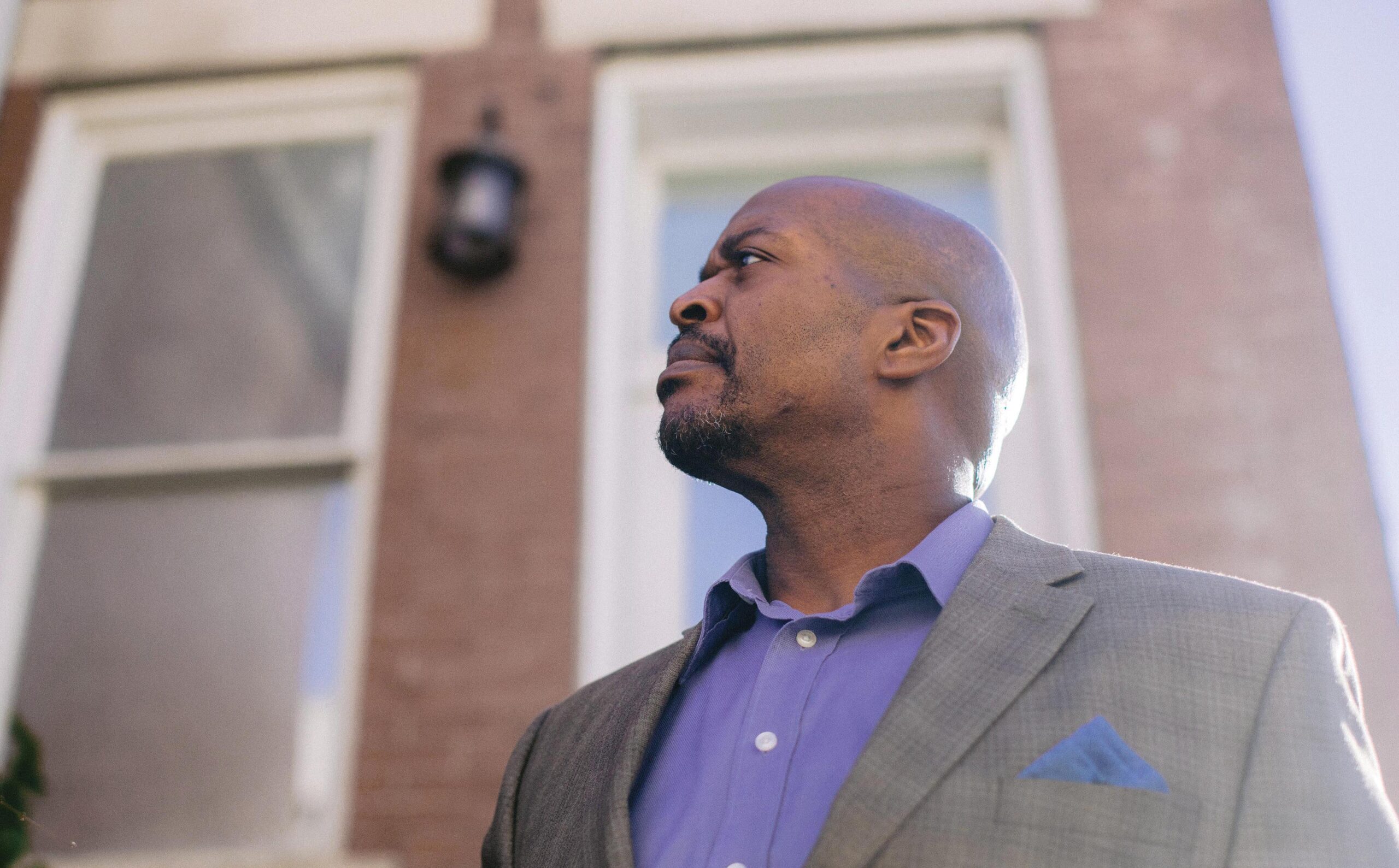Cultural Christianity, a derivative form of the Christian faith once broadly accepted and (or) practiced in American culture, is a phenomenon of the past — society has changed, and so has the church.
And in this changed society, there are some who examine what is happening in the world — the decline of Christianity and the rise of cultural philosophies that directly oppose Christian values and beliefs — and see the church as a shelter from the world. Cloistering in Christian circles, these people may stop interacting with those outside of their communities in an effort to shield themselves from the dangers that lie there.
Sheltered here, many people have taken on a defensive posture, often causing churches to operate out of fear, out of suspicion that who they are and the beliefs they hold will be attacked, rather than in the freedom and grace of Jesus. In response to the pain of this, many are deconstructing their belief systems as they once stood, taking careful inventory of what is true and what is not, and sometimes dismantling their faith until there is little belief left.
While this moment has placed a magnifying glass on the church, rightly refining places where integrity needs to be shored up, there is still danger in the deconstruction. Some are leaving the church entirely, leaving their own faith behind as well, many identifying themselves as the Nones, or people who have no religious affiliation at all.
We are met with an opportunity to re-examine the nature of the local church. A posture of neither fear nor suspicion is the church as God designed it. As followers of Jesus, our call to participate and engage in the life of the church has not and will not change. It is the plan God has for making himself known in the world.
In Paul’s letter to the Ephesians, he urges believers to walk in a manner worthy of the life to which they have been called (4:1). This way of living means we step into the calling we have received, not to shelter ourselves from the world but to be a sanctuary for the world. A healthy church exhibits many distinctive traits that serve God and its community. The church is to be a community where the world experiences these four: The church can create a space of shelter for the soul, worship of God, loving community, and challenge to live in our true identity.
To be a shelter for the soul
What strikes me in some spaces of worship within churches from famous cathedrals in Europe to my local church’s worship center, is the shift I notice within myself as I sit in such a space of worship. Entering a space I know is built to be sacred, I feel a shift in my soul take place.
There are people all over our cities who long for this kind of shift, from stress to peace and from striving to connection. As the church we are to “look not only to our own interests, but also to the interests of others,” (Phil 2:4). Instead of merely hoarding what we have found in Christ, and keeping it to ourselves, we are to be people of peace and connection for those who need it most. Being the church means we offer people the shelter they are longing for, connecting the realities of their lives with the realities of God’s goodness and presence among them — turning their focus from the stresses of their own lives and onto what God is doing among them.
But being people of peace is not confined to our time spent within our church communities. Being a person of peace extends into all avenues of our lives including the other places of influence in which God puts us: work, neighborhoods, communities with our children, and other community organizations we are a part of.
To point to the worship of God, not the hustle
Humanity is created to worship, thus we all worship something or someone. Our striving and hustle in this world is evidence of souls that long for lasting satisfaction.
As the church, we are called to point people to the only worship, the only object of our striving, that will truly satisfy — the worship of God, the Creator of all things. We are called to point others to embrace the worship of God, too. We do this by living out worshipful lives and showing others that until a person finds the worship of God, they will worship that which will never fully satisfy what they are longing for. Living worshipful lives means treating all of life- including our work- as a place where we offer our whole lives back to God in gratitude for giving us new life.
As the Psalmist declares, “All worshipers of images are put to shame, who make their boast in worthless idols; worship him, all you gods!” (97:7). Coming to worship God is a coming home of sorts. As the church, we are called to be a sanctuary of hope that draws out others to come home to worship God, fulfilling the longing of their lives.
To be a community of love
Entering into a sanctuary of any kind is usually a communal experience. Rarely is someone in sanctuary alone; a sanctuary is a place built to connect others to community. But the community that many of us have experienced falls sadly short of the perfect model of love.
The loving community that Jesus models for us is one of covenantal love in the family of God, where we have been welcomed by God as our good Father. The love of Christ is the standard to which the church is called to strive: “Then I will welcome you and I will be a father to you, and you shall be sons and daughters to me, says the Lord Almighty” (2 Cor 6:18).
As the family of God, the church is to care for one another — as we would our own family — and where those outside the church are welcomed to experience this care, too, for the sole reason that they are people created in God’s image and loved by God the Father. The foundation of the church is always love. And those in the family of God look out for each other’s best interests according to the love of God.
To challenge people to live into their true identities as people created in the image of God
It doesn’t take long to find that what people are searching for most is who they are and why they are in the world they live in. This longing drives people to find their identity in all sorts of things. The search will end somewhere — in relationships, accomplishments, hobbies, accolades, money, status. The list could go on and on. As a sanctuary of hope for the world, the church is called to challenge this deep dive of culture into false identity and point others toward their true identity, for “God is actually not far from each one of us, for ‘In him we live and move and have our being … For we are indeed his offspring’” (Acts 17:27–28).
As daughters and sons of God, our identities are shaped by this reality more than any other gift or circumstance. The search for identity is often propelled by self-focus, but we challenge this as we follow Christ and, in so doing, actually find everything we are looking for. When we know our true identities as daughters and sons of God, then the things we look to find our identity in are transformed as well — relationships, accomplishments, hobbies, accolades, money, and status are then offered back to God, in humility and grace, as spaces and places where we can interact with God, and share the truth of our true identity with others.
There is a growing hunger for the church to look and act differently, and we have an opportunity now to step into living intentionally as a sanctuary for the world. It’s time for the church to offer shelter to the souls of those in our communities, by reaching out to neighbors and co-workers, friends, and people in our communities offering the hope of a relationship with the family of God and Jesus Christ. This may look like lovingly challenging them, listening to their pain, and pointing them to who they truly are — people made in God’s image for his glory.
When the church embodies these four distinctive traits, we become what the church should be known for — not divisions, not disagreements, not finger pointing. A sanctuary, not to hide from the world, but of hope for the world.





